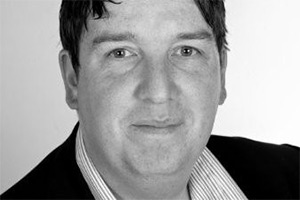Things I've learned from speaking to comedians on 'Making Creativity Pay'
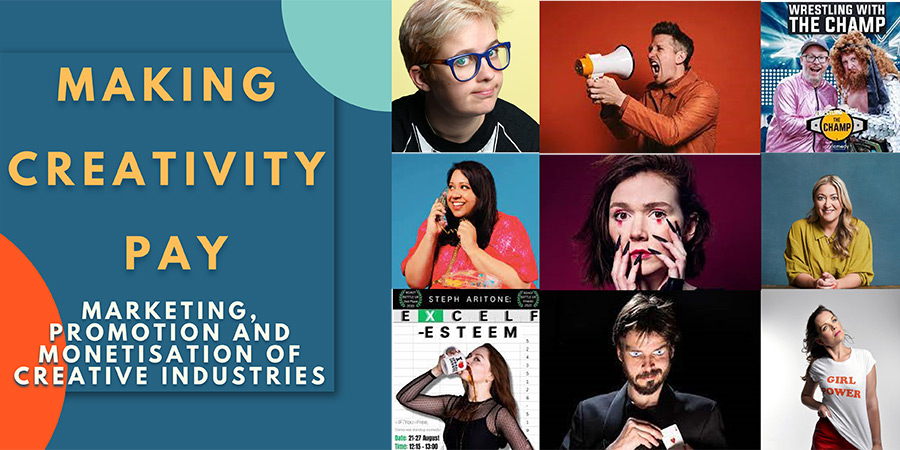
I started my podcast Making Creativity Pay two years ago. I wanted to podcast on something, so I thought I'd speak to people in creative industries about how they try and make a living from their art (yes, I am fun at parties actually, why do you ask?).
The aim is not to have some High Performance Podcast / Diary of a CEO type thing but look at, in current times with so much 'content' (I'll come back to that word later) available for free, how can artists make enough from their work to keep doing the art.
I've spoken to people in the music industry, podcasters and writers but the majority of guests on the podcast have been in the comedy industry. I guess, to some extent, it shouldn't be too surprising that people who talk about themselves for a living are happy to appear on a podcast, but I've been overwhelmed with people's generosity in giving up their time to talk on a random person's podcast.
With those conversations in mind, I've put together some of the things I've learnt about comedians and the comedy industry from those podcasts as an outsider chatting to those in the industry.
Solo doesn't mean doing it on your own
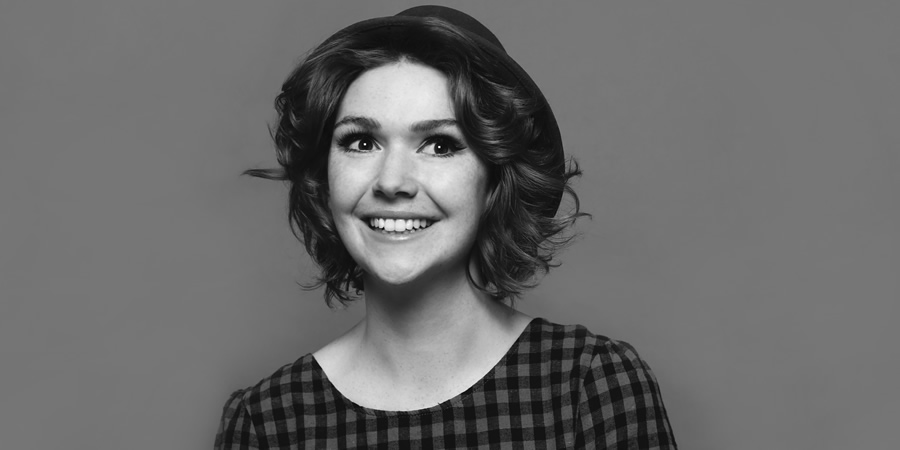
One of the areas that surprised me was the number of guests who'd either used directors or directed performers themselves as part of creating a show (usually for Edinburgh).
In my head I had the vision of a solo artist living or dying on their wits. Yes, they might develop their performance over time using 'work in progress' shows, but the end result is purely them.
With the experience of talking to guests on the show, this now seems like a daft way of thinking of things, there are few areas of life where even the best at a skill are above help from others.
As Elf Lyons mentioned on a recent episode of the podcast about the work she was doing with a number of performers at the Edinburgh Fringe, although called a director, the role is more of a mentor/adviser than the role in the theatre where what a director says is what you do no questions asked.
There is more to comedy than stand-up
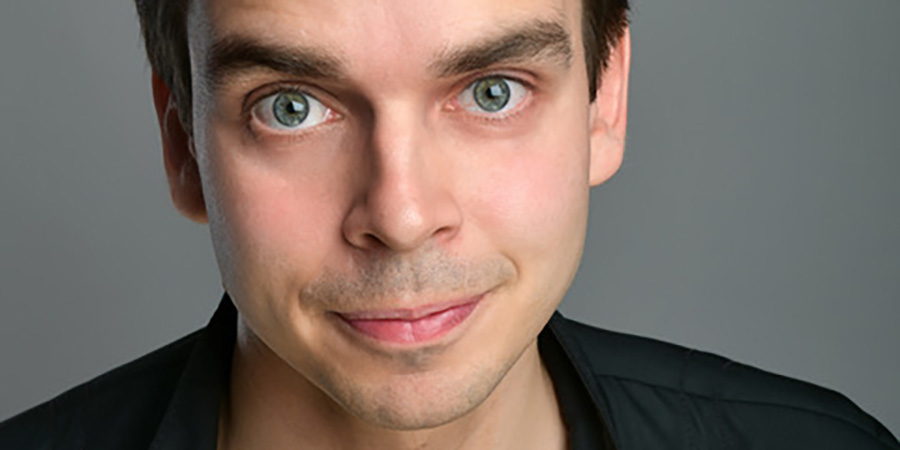
Although most of the comedy related guests work in stand-up, there are opportunities for creative work in other areas. I spoke to Joz Norris about his Radio 4 comedy The Dream Factory and also to comedy producer Gina Lyons about writing for TV. Both described a process that may take years to get from idea through commissioning to production.
For me, it's interesting to see the different paths competing, from the traditional model to the more direct approach such as Screen Time by Stevie Martin.
Very few of the guests just plough a single furrow, with Stu Goldsmith for example, taking what he's learnt from his time in comedy and speaking to other comedians and turning that into what business people can learn in terms of resilience.
For others, comedy is not yet the day job (in that, how the comedy goes doesn't impact whether or not you can pay the rent) so it's more of a slow build. This will have some benefits but obviously means developing as a performer and a writer will take longer.
That ease of entry into comedy doesn't mean it's all an even field and a utopia of opportunity. Progressing in the creative industries from a range of backgrounds is something I'm keen to explore in future episodes.
Choice is almost infinite and getting paid is a battle
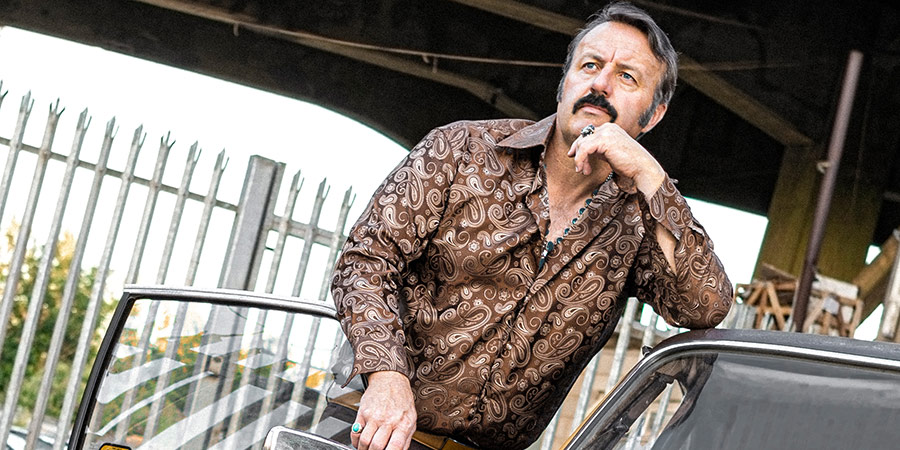
Changes in technology and society over the last few years have made it easier for someone to get into comedy but it means that the competition for eyeballs and revenue is huge.
I know some bristle at having their work classified as content and treated the same as a tin of baked beans to be promoted and discounted according to whims of marketing, but for me as long as it doesn't cheapen what you've created, most of the marketing/promotion steps you'd take for a tin of baked beans do apply.
When trying to get someone to see your show, for example, your competition is only to a small extent other comedians, it's mainly someone staying home, going down the pub, etc.
People may like your stuff but the leap from liking to paying for it is a huge one that exists in a variety of creative industries. Part of this requires an education of consumers, while naturally there are some who cannot afford at all, there are plenty who have got used to so much being free that it doesn't really cross their mind about paying.
Again, the better you make something the easier it is to monetise. Along with 'content', I don't consider 'monetise' a dirty word; you've created something good, people like it, you shouldn't feel embarrassed or awkward about being paid for that. It's not wrong to be paid for something just because you enjoy doing it.
You can hope people realise out of the goodness of their hearts, you can ask nicely or you can call those who listen to your podcast (or watch your show on YouTube) and don't pay 'freeloading pricks' as Mike Bubbins did for The Socially Distant Sports Bar Podcast.
The Edinburgh Fringe can be both the pinnacle of performing and a money pit - but you don't need to do the whole month (or at all)
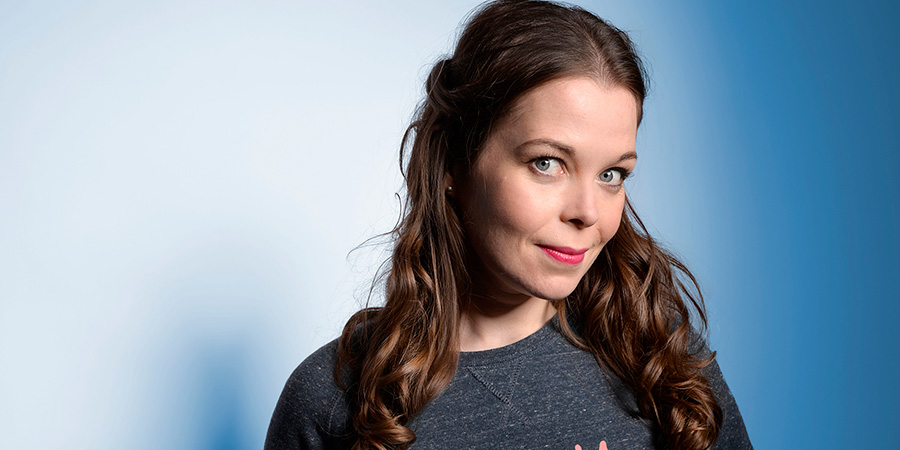
A number of the episodes of the podcast focus on the Edinburgh Fringe and the opportunity it brings but also the drain on resources, both financial and mental.
As a result of having an interest in how people market their shows on social media, I probably follow most people who performed at Edinburgh, and all life was there: from the unexpected runaway successes who ended up selling out every day to those who were constantly on social media trying to get people in to see their show but performing to single digit audiences.
Obviously the main thing is to have a great show but my (unasked for) tip is: Don't start your marketing activity on August 1st and expect to go viral from nothing.
I saw some acts that looked really promising but were attempting to build momentum from a standing start, which is incredibly hard. From a social media point of view, you're going to need a few months at least to get any serious engagement (if you're not willing/able to spend £ on advertising).
Elf Lyons talked about being a believer in the '1000 true fans' concept and Juliette Burton about having fans that had followed her work for years, and almost auditioning potential attendees to her shows when flyering, rather than a 'spray and pray' approach.
It takes time to build a following with which you can count on to turn up, and it must be hard to balance the self-belief you need to take a show to Edinburgh with the risk that, for whatever reason, it doesn't really take off.
I spoke to a number of performers who went to Edinburgh for a shorter period as part of developing their act as well as those who went to other festivals such as Camden Festival - including Steph Aritone who did a bit of both with a few nights at Camden and a week at the Fringe for her work-in-progress
Away from comedy, one guest - Lisa O'Hare - took her poetry show Do you Remember the First Rhyme to the Fringe for three nights so gets all the fun of being a performer at the Fringe without the extreme cost and stress of trying to sell tickets for an extended period of time.
Whether it's selling tickets to shows, getting people to follow you on social media or supporting you through sites such as Patreon, there's a whole business that's separate to the main job of being funny... but being good at the boring stuff will make being able to continue to do the fun stuff a lot easier.
You can find Making Creativity Pay on all major podcast apps. Find out more at makingcreativitypay.com and follow the podcast on Instagram
This article is provided for free as part of BCG Pro.
Subscribe now for exclusive features, insight, learning materials, opportunities and other tools for the British comedy industry.

